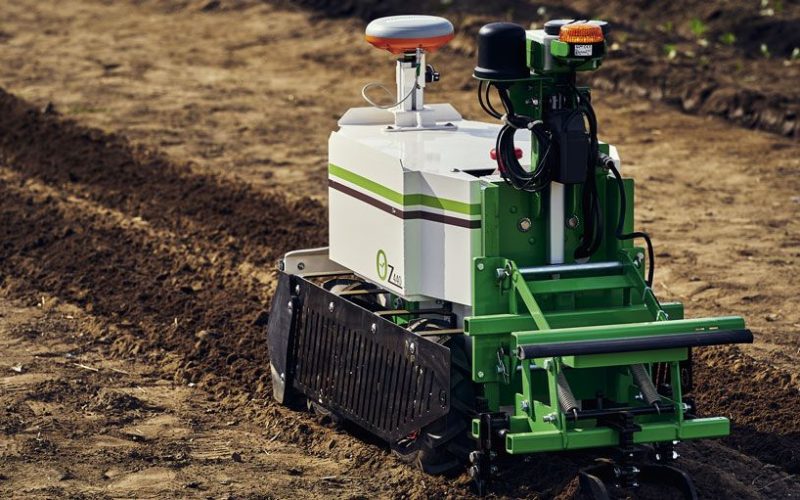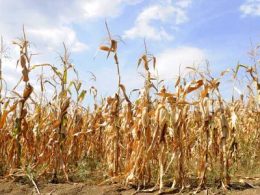Robo crops: Meet the laser-wielding, AI machines taking over a farm …
Imagine a future where crops are grown and harvested with the help of machines that can precision-cut weeds, detect pests, and even apply precise amounts of fertilizer and pesticides. This is the reality that farmers are embracing with the rise of AI-powered farming, also known as precision agriculture.
What is precision agriculture?
Precision agriculture is a farming method that uses advanced technologies such as GPS, drones, and sensors to optimize crop yields and reduce waste. It involves collecting and analyzing data on soil conditions, weather patterns, and crop health to make informed decisions about planting, irrigation, and harvesting.
The role of AI in precision agriculture
AI plays a crucial role in precision agriculture by analyzing the vast amounts of data collected from various sources, including sensors, drones, and satellite imaging. AI algorithms can identify patterns and anomalies in the data, allowing farmers to make data-driven decisions about their crops.
Laser-wielding robots
One of the most exciting developments in precision agriculture is the use of laser-wielding robots to precision-cut weeds and apply precise amounts of fertilizer and pesticides. These robots use advanced sensors and algorithms to detect the location and type of weeds, and then use a laser to precision-cut them. This approach reduces the amount of herbicides and pesticides needed, making it a more sustainable and environmentally friendly option.
Benefits of precision agriculture
Precision agriculture offers several benefits to farmers, including increased crop yields, reduced waste, and improved resource allocation. It also helps farmers to reduce their environmental impact by using fewer chemicals and reducing water waste. Additionally, precision agriculture can help farmers to better manage their finances by optimizing their inputs and reducing costs.
Challenges and limitations
While precision agriculture offers many benefits, it also presents several challenges and limitations. One of the main challenges is the high cost of implementing precision agriculture technologies, which can be a barrier for small-scale farmers. Additionally, precision agriculture requires a significant amount of data and computational power, which can be a challenge for farmers who do not have access to these resources.
Conclusion
Precision agriculture is a rapidly evolving field that is transforming the way farmers grow and harvest crops. With the help of AI-powered machines, farmers can precision-cut weeds, detect pests, and apply precise amounts of fertilizer and pesticides. While there are challenges and limitations to precision agriculture, the benefits it offers make it an exciting and promising development in the world of farming.









